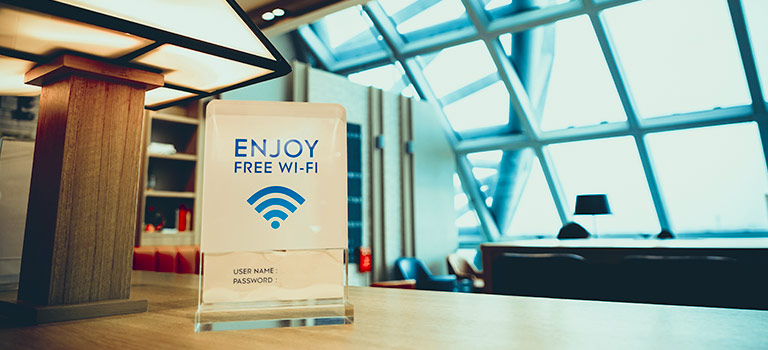How do I keep my personal data safe?
The usual concern for travelers when they go abroad is about getting the right vaccination or being able to pay for the trip. But a concern often ignored is, “how do travelers protect themselves from cyber threats” and “how can they be sure their personal data is safe on foreign public WiFi?” As a former expatriate, I quickly learned during my time abroad that foreigners are often targeted by foreign governments. Unlike the freedom we have here in America, (and even our government likes to spy on us) most foreign governments are very intrusive on their own citizens. Specifically, they don’t think twice about the privacy of a foreign visitor.
Crimes Abroad
When it comes to countries like China and Russia, it is best to be on your guard. Government officials and businessmen take strong measures to protect their secrets and prevent espionage. Typically, the countries that engage in such behavior are looking for personal data to use as blackmail. While the average traveler has reason to be less concerned about blackmail, there still exists the potential for financial crimes. While standing in line waiting to get your passport stamped, your hard drive and personal data can be remotely copied. Additionally, your financial information, credit card numbers, banking information, bills…etc., can be stolen, and in some rare cases, your devices can be outright confiscated and copied while you’re waiting in a holding room. Admittedly, the last scenario might seem a bit of a stretch, but when preparing, prepare for the worst.
Leave the phone at home or get a VPN.
While certainly not the end-all or be-all in cybersecurity, there are several things you can do to protect yourself from cyber threats while abroad. The simplest and best way to defend your personal data is to not travel with your personal devices. Leave them home and turned off! If you wish to capture memories while abroad, purchase a camera that uses film. If you want to have a device for emergencies, most airports offer rental services and temporary contracts that let you use the cellular networks in the country you are visiting.
However, for many people, the thought of leaving their devices home, much less while they’re traveling, seems appalling. If you are still insistent about bringing your device with you, backup your devices to the cloud and erase your personal data from them. Remove any financial or other sensitive information from them. Additionally, encrypt your devices. Apple products offer an encryption option in their system preferences and other OS have similar options as well. Lastly, purchase a VPN (Virtual Private Network) before leaving friendly shores. A VPN hides what you are doing, even on a public network, and protects your passwords from peeping eyes. Much like using sunblock on the beach, be sure to take the necessary steps to protect your personal data.
Tags: abroad, Best cybersecurity practice, Companies, Cybersecurity, Information, Risk, Threats, travel, VPN, Vulnerabilities


